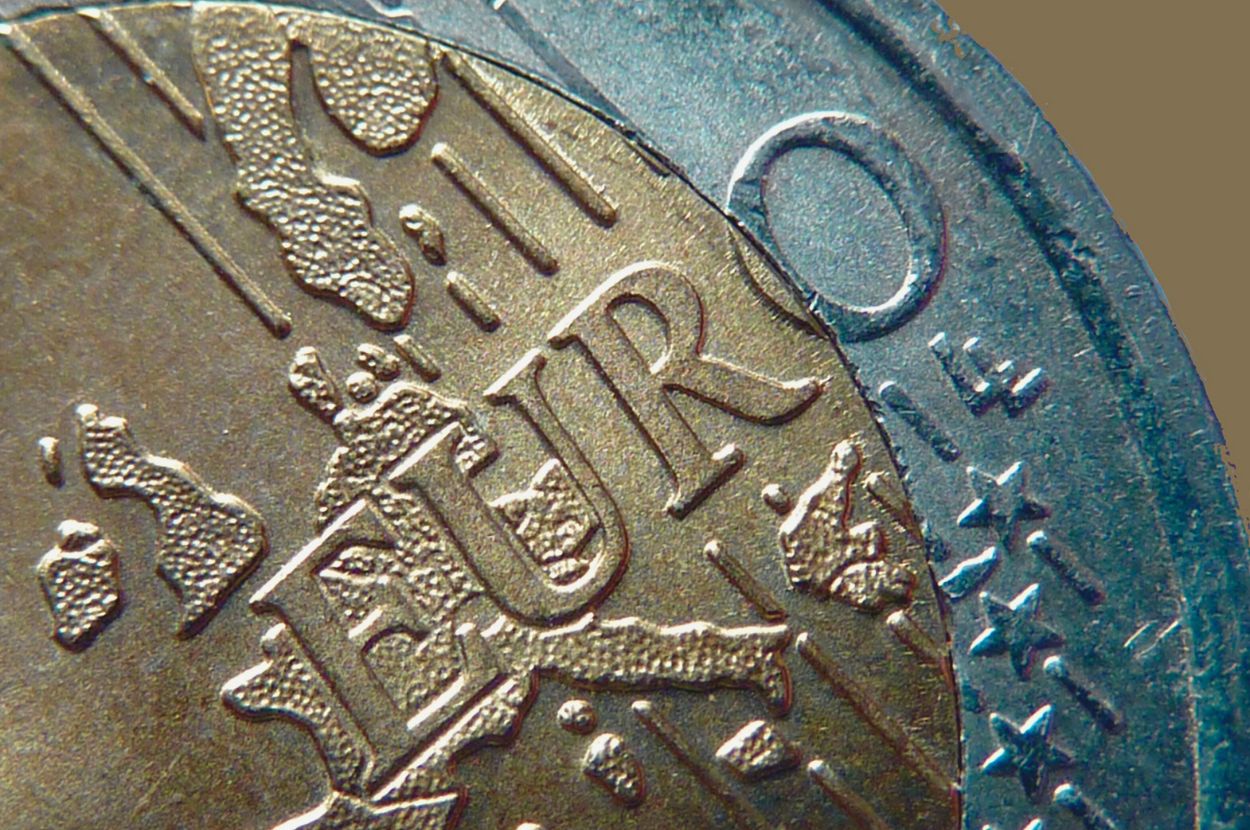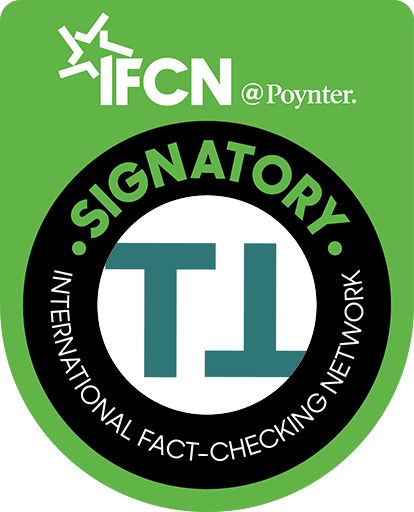The main topic of the article concerns misinformation and manipulations circulating on social media regarding the introduction of the digital euro in the Netherlands and the European Union. The article clarifies that claims that the Dutch parliament rejected the digital euro project are false, as there was no official vote to reject it, but conditions were set to preserve privacy. Also, the digital euro does not mean the abolition of cash but represents an additional form of payment. The European Central Bank conducted a public consultation, and most Dutch citizens would use the digital euro if it became available. The introduction of the digital euro is still in the preparatory phase, and the final decision depends on EU institutions. Conspiracy theories about total control over citizens are unfounded, and user privacy will be protected.
Political Perspectives:
Left: Left-leaning sources emphasize the importance of privacy protections and democratic oversight in the development of the digital euro. They highlight concerns about potential surveillance and control but acknowledge that the digital euro could provide a safer, more accessible payment method if implemented with proper safeguards.
Center: Center-leaning sources focus on factual clarifications, debunking misinformation about the digital euro project, and explaining the current status of the initiative. They stress the ongoing consultations and the need for balanced regulation to protect privacy while modernizing the financial system.
Right: Right-leaning sources often highlight skepticism towards the digital euro, focusing on fears of government overreach and loss of individual freedoms. They may emphasize conspiracy theories about control and surveillance, questioning the motives behind the digital currency and warning against potential abuses.

